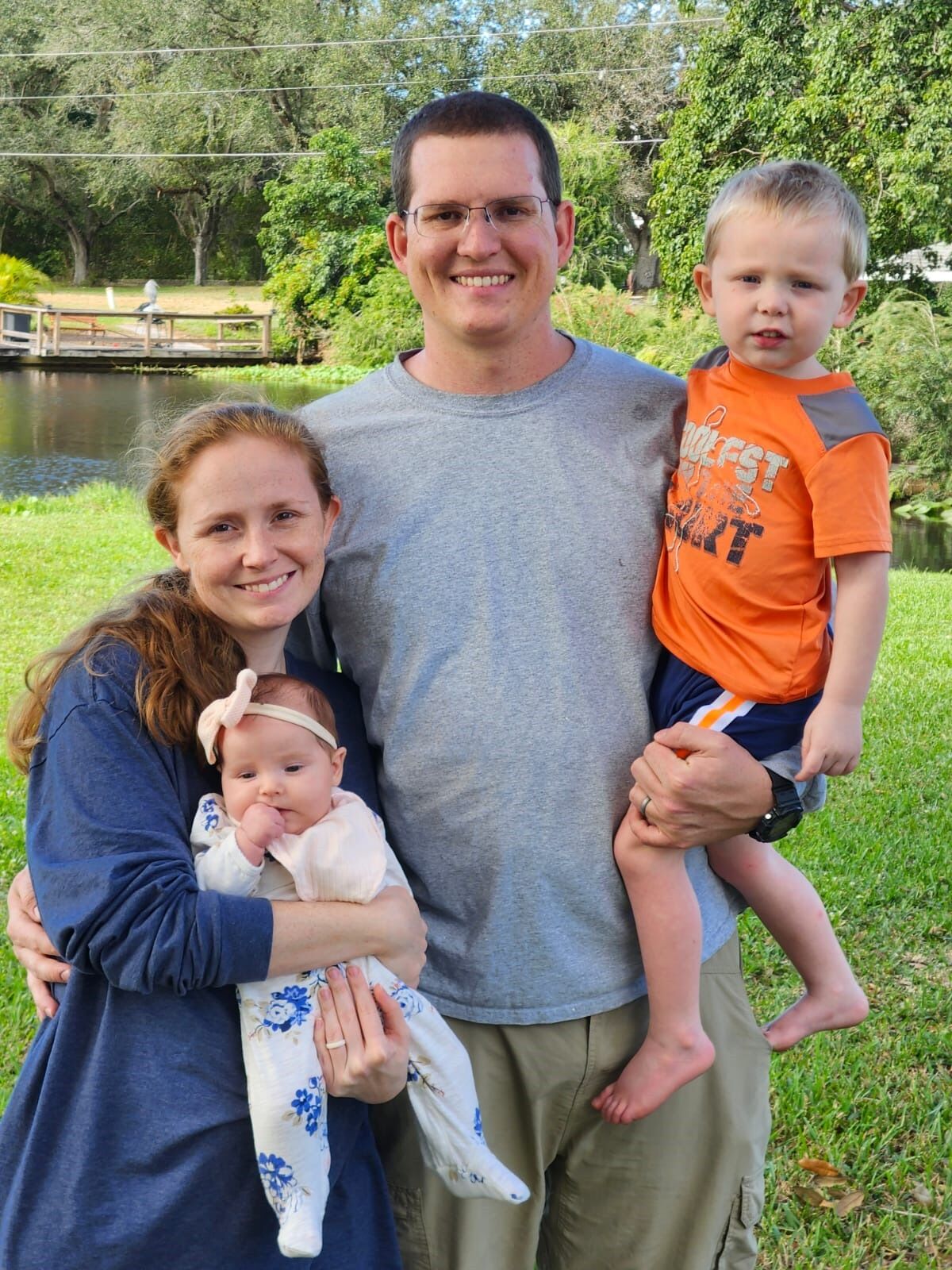
In the fall of 2008, a 17-year-old girl sat nervously in a cold, sterile room at a hospital, preparing for an electroencephalogram (EEG) test. It was a test that would later offer concrete evidence of something she had suspected for months but couldn’t articulate: the source of her mysterious health struggles. "I just knew something was wrong," Amber Woods recalled, speaking of the days leading up to that pivotal test. "I wasn't just tired. I was sick, and no one believed me."
It wasn’t long before the data confirmed her suspicions. After three hours of monitoring, a nurse came in to check and quickly noted the young girl had been experiencing seizures every 15 minutes—each time she closed her eyes. “I wasn’t sleeping,” Amber recalled. “I was seizing, and I had no idea.”
Epilepsy Journey
With her epilepsy diagnosis, the next step was treatment. But the options available were less than ideal. One medication promised to stop her seizures, but with severe side effects like hair loss and constant sickness, it wasn’t feasible for the young teen.
Rejecting the medication was a bold decision, a testament to Amber's courage and determination. "I wasn’t comfortable with my body as a teenager anyway, and the only thing I liked was my hair," she said. "So, no, I wasn't going to lose it over some medication that wasn't guaranteed to work."

Overwhelmed by the ongoing unpredictability of her condition, she eventually opted for surgery. “I didn’t know of the surgery until I started seeing the doctors at the University of Miami. My husband and I will never forget them asking 'How are you not dead?’ My brain was disintegrating,” she said. "It felt like a whirlwind. I saw the doctor in February, and I was in surgery by August. The process was intense, but my medical team was amazing."
The relief following a laser ablation procedure on her left hippocampus was short-lived—lasting only a year. She continued managing her condition with medication and lifestyle modifications—remaining grateful for every day without a seizure. But in 2021, her seizures returned in full force after becoming pregnant because of hormone fluctuations.
.jpg)
Support and Resources
During diagnosis and treatment, Amber leaned on her family for support, crediting her husband’s resourcefulness and dedication to her well-being as crucial elements in her healthcare journey. "I feel so lucky," she said. “A lot of people don’t have that, and I feel for them—it’s heartbreaking."

Additionally, she notes the Epilepsy Foundation was pivotal in overcoming challenges. “I lost my mother in a devastating car accident when I was 20 years old—I had never experienced anything like that before," Amber recalled. "It was my first broken bone, my first car accident, and the first time I lost someone close to me—I was unsure of how this experience would impact my epilepsy."
“In the wake of the accident, my father reached out to the Epilepsy Foundation for support, and within two hours, the man from the foundation taught me more about epilepsy than I had learned in years,” she said.
AdvocacyWork
Her experience with epilepsy has helped her see the importance of support networks—both medical and personal—and her advocacy for epilepsy awareness grew. "I’ve been lucky to have a supportive family, but I know others aren’t so fortunate," she reflected. “That’s why I use my voice to help."
After struggling with feeling isolated and alone during her diagnosis, she wrote a children’s book, My Purple Parrot—designed to help children understand epilepsy. "My son was just 2 when I first read it to him," she said. "I wasn’t sure if he’d understand, but it worked. Now, he refers to my epilepsy as my purple parrot."

The book, which also includes resources from the Epilepsy Foundation, has become a tool for educating young children about epilepsy.
She hopes her journey as a rare disease advocate doesn’t stop with one book. She has ideas for additional stories focusing on other rare conditions that may impact children, aiming to make a library of resources to educate and support kids and their families. "Ultimately, my goal is to help kids understand these rare diseases," she said. "When we understand someone else’s struggles, we’re more likely to treat them kindly."
Amber remains committed to advocating for more inclusive education, better support networks, and a greater understanding of epilepsy and other conditions. "Life with epilepsy isn’t always easy, but I want others to know that we’re not just our condition,” she said. “We’re so much more."


.png)